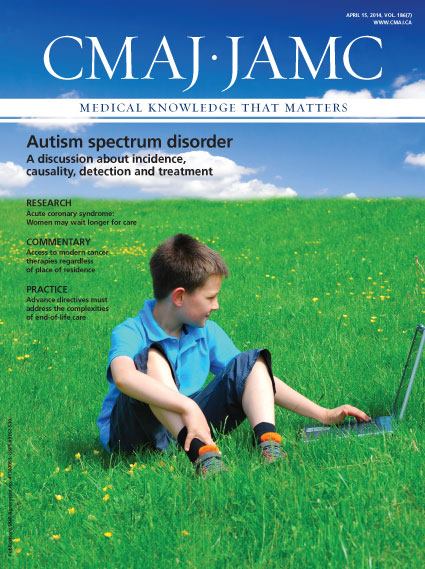Canada News
1 in 3 Canadians suffered some form of child abuse; linked to mental disorders
Photo courtesy of Canadian Medical Association Journal
TORONTO— One in three adult Canadians suffered some form of child abuse in their past, experiences that put them at a higher risk of developing mental health disorders later in life, a new study reports.
The data paint the first nationwide picture of the prevalence of child abuse experienced by Canadian adults, lead author Tracie Afifi said of the study, published Tuesday in the Canadian Medical Association Journal.
She and her co-authors analyzed information collected from more than 23,000 adults 18 and older who took part in Statistics Canada’s 2012 Canadian Community Health Survey. Respondents were asked questions about whether they were hit or subjected to other forms of physical or sexual abuse in childhood, or whether they were exposed to violence between the adults in their homes.
They were also asked whether they suffered from a variety of mental health disorders, including depression, bipolar disorder, alcohol or drug abuse as well as whether they thought about or had attempted suicide.
The researchers found a strong correlation between experiencing abuse in childhood and having mental health disorders in adulthood.
“Even when we looked at what’s most minor and what some people today would still argue is not abuse, those are still related right across the board with strong effects for all the mental conditions we looked at,” said Afifi, associate professor in the department of community health sciences at the University of Manitoba.
“As a Canadian, I find the number to be very large and alarming. As a child maltreatment researcher, that’s the number I expected to see.”
The findings didn’t surprise Dr. Suvercha Pasricha either. The lead physician of the women’s inpatient unit at the Centre for Addiction and Mental Health in Toronto, Pasricha sees the effects of childhood abuse daily in the patients she treats.
“These are all the behaviours children learn as ways of coping with their distress when they grow up in traumatic environments,” she said, listing off the conditions such as eating disorders the study found are associated with childhood abuse.
“They turn into disorders as they get older.”
Afifi said previous estimates of child abuse rates in Canada were based on a nearly 25-year-old study from Ontario and more recent data from Quebec.
For this study, people were not asked directly if they were abused. Afifi said studies have shown that some people who have been abused don’t characterize their experiences as such.
Instead, the questions asked whether respondents were slapped on the face or head, spanked with a hard object or were pushed, grabbed, shoved or had something thrown at them to hurt them. For both those questions, respondents were asked to say yes only if the behaviour had happened a minimum of three times.
Another question asked if respondents were kicked, bit, punched, choked, burned or physically attacked at least once.
Sexual abuse questions were designed to determine whether respondents were forced into unwanted sexual activity. And the questions related to having witnessed intimate partner violence asked whether as children they had seen their parents, step-parents or guardians hit each other or other adults in the home three or more times.
One in three adults reported experiences that met the criteria for at least one of the types of abuse, with physical abuse the most common of the three; 26 per cent of respondents said they had experienced physical abuse.
Ten per cent of respondents said they had experienced sexual abuse and nearly eight per cent witnessed intimate partner violence.
Men were more likely than women to have experienced physical abuse, 31 per cent versus 21 per cent. But women were more likely to have experienced sexual abuse, 14 per cent versus nearly six per cent. There was little difference in the rates of people who reported seeing intimate partner violence nine per cent of women, seven per cent of men.
When the researchers looked to see if people who had experienced abuse were more likely to suffer from mental health disorders in adulthood, they found strong evidence of a link. (This type of study cannot prove cause-and-effect; it can only point to possible associations.)
People who reported experiencing all three types of abuse were 27 times more likely to have attempted suicide, 17 times more likely to have post-traumatic stress disorder and nearly 11 per cent more likely to have a drug dependency or an eating disorder.
Even those who had experienced only one type of abuse were between nearly two and four times more likely to have one or some of the various disorders.
The authors said it is critical to raise awareness of the issue so that prevention strategies can be devised and implemented.
“From a public health perspective these data alert us to the need to prevent all of these acts from happening on children today, which may also help to reduce the poor mental health in the next generations,” Afifi said.
Pasricha agreed. She said just as salt intake affects the risk of high blood pressure, exposure to trauma raises the risk of mental health disorders.
“We preach about not eating a lot of salt and sugar … for high blood pressure and diabetes. But we don’t talk enough about prevention of trauma,” she said.
Follow (at)Helen Branswell on Twitter.






















